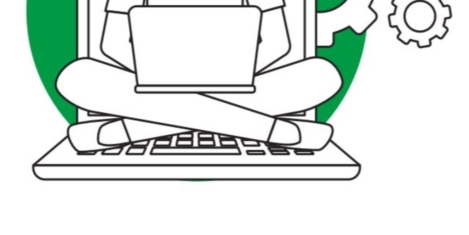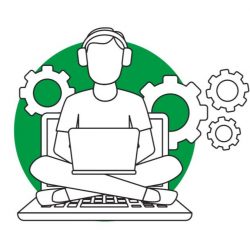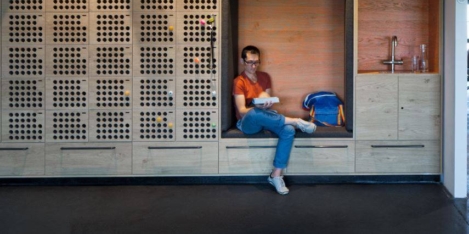June 20, 2019
Area opens new Birmingham office
 Office design and fit-out form Area is expanding its UK operation and opening a new office base in Birmingham to support and grow its existing client base. The move to Birmingham – one of the UK’s most dynamic regions – comes on the back of a series of successful projects in the region and builds on strong relationships with local clients such as Mills & Reeve, Zurich, Legal & General, Jaguar Land Rover, KPMG, Handelsbanken, Aviva, Grant Thornton and Deloitte. Birmingham and the West Midlands are regarded by economists and businesses alike as one of the most promising places in Britain to invest and grow, which creates opportunities for the commercial property market. (more…)
Office design and fit-out form Area is expanding its UK operation and opening a new office base in Birmingham to support and grow its existing client base. The move to Birmingham – one of the UK’s most dynamic regions – comes on the back of a series of successful projects in the region and builds on strong relationships with local clients such as Mills & Reeve, Zurich, Legal & General, Jaguar Land Rover, KPMG, Handelsbanken, Aviva, Grant Thornton and Deloitte. Birmingham and the West Midlands are regarded by economists and businesses alike as one of the most promising places in Britain to invest and grow, which creates opportunities for the commercial property market. (more…)


































June 19, 2019
Coworking is now the key driver of change in property market
by Daniel Wright • Comment, Property, Workplace design